The #1 Simple Way to Stop Dementia Before It Starts
The #1 Simple Way to Stop Dementia Before It Starts
Your brain is astonishing. It contains roughly 400 miles of blood vessels—a vast, branching system responsible for shuttling oxygen and nutrients to every corner of the mind. This vascular network is so vital that even small disturbances in blood flow can influence memory, mood, cognitive processing, and long-term brain health.
Although many people assume dementia is an unavoidable part of aging, emerging research from institutions such as Harvard Medical School, the Alzheimer’s Association, and the Cleveland Clinic shows just the opposite: supporting vascular health early in life can dramatically reduce dementia risk.
And one of the most powerful places to start this protection is not in a pill bottle—it’s on your plate.
This updated guide explores how healthy blood vessels, angiogenesis (new blood vessel formation), and diet interact to preserve brain function. You’ll learn the difference between Alzheimer’s and vascular dementia, how certain foods can widen your blood vessels for better nutrient flow, and how dietary choices may help stimulate your body’s natural repair systems, including circulating stem cells.

Key Takeaways
-
Your Brain Runs on Vascular Health: Impaired blood flow is a major driver of cognitive decline and dementia, as emphasized by the American Stroke Association.
-
Vascular Dementia Is Common—and Preventable: It arises from hardened or narrowed blood vessels that deprive brain cells of oxygen.
-
Nitric Oxide Foods Can Enhance Blood Flow: Foods like beets, cocoa, and leafy greens help produce nitric oxide (NO), which widens blood vessels.
-
Alzheimer’s Involves Abnormal Vasculature: Research reported by Nature Neuroscience shows that Alzheimer’s brains often form dysfunctional, leaky vessels that contribute to toxicity and plaque.
-
You Can “Eat to Beat” Brain Disease: Nutrient-dense, plant-focused diets—like Mediterranean and Asian patterns—protect the vascular system and reduce dementia risk.
1. Boost Nitric Oxide with Dark Chocolate, Beets & Spinach
Nitric oxide (NO) is a tiny molecule with enormous power. When your body produces NO, it signals blood vessels to relax and widen, a process known as vasodilation. Wider vessels mean better oxygen delivery to the brain—especially to regions tied to memory and executive function.
NO-boosting foods include:
-
Dark chocolate/cacao – rich in flavanols that improve NO production (supported by Harvard Health Publishing).
-
Beets and beet juice – known to enhance athletic endurance by improving blood flow.
-
Leafy greens, including spinach – high in naturally occurring nitrates.
Improved blood flow doesn’t only nourish brain cells. According to research cited by the National Institutes of Health (NIH), increased nitric oxide may also help mobilize certain circulating stem cells, the body’s repair agents, which assist in maintaining vascular health and countering age-related shrinkage of brain tissue.
2. Harness Polyphenols with Coffee & Tea
Your daily coffee or tea ritual might be one of your best defenses against cognitive decline. Coffee and tea are rich in polyphenols, plant compounds known for their anti-inflammatory and antioxidant effects.
Polyphenols help by:
-
Reducing oxidative stress, a key contributor to neuron damage
-
Supporting healthier blood vessels
-
Improving long-term circulation
Large population studies reported in journals like Neurology and summarized by the Alzheimer’s Association suggest that moderate coffee intake is associated with a lower risk of dementia. Green, black, and oolong teas also contain catechins—potent compounds that support vascular integrity.
Just keep caffeine tolerance in mind. If you’re sensitive, consider green tea or decaf options, which still provide many polyphenol benefits.
3. Choose Brain-Supporting Nuts: Walnuts, Almonds & Pistachios
Tree nuts are nutrient-dense, offering a potent blend of:
-
Healthy fats (especially omega-3 ALA in walnuts)
-
Fiber
-
Plant protein
-
Polyphenols and antioxidants
Research published by The Journal of the Alzheimer’s Association (Alzheimer’s & Dementia) links regular nut consumption with improved cognitive performance and slower age-related decline.
Walnuts, in particular, are frequently cited by Harvard School of Public Health for their neuroprotective antioxidant load. Nuts help stabilize blood sugar, support vascular elasticity, and reduce inflammation—all key factors in preventing vascular dementia.
A handful of raw or lightly toasted nuts daily is an easy, satisfying way to give your brain steady fuel.
4. Load Up on Antioxidant All-Stars: Tomatoes & Berries
Two food groups stand out for their ability to support vascular and metabolic health—both vital to maintaining cognitive function:
Tomatoes
Tomatoes are the richest food source of lycopene, a carotenoid antioxidant that supports vascular health and metabolic regulation. Cooking tomatoes increases the body’s ability to absorb lycopene.
Studies summarized by the Cleveland Clinic note that lycopene may help protect against oxidative stress that contributes to cognitive decline.
Berries (Blueberries, Strawberries, Raspberries)
Berries contain anthocyanins and other polyphenols known to:
-
Reduce inflammation
-
Support blood vessel health
-
Improve signaling between neurons
Raspberries are especially beneficial because they are extremely high in dietary fiber, supporting a healthy gut microbiome. A well-balanced microbiome reduces systemic inflammation, which is strongly linked to brain aging and dementia, according to research reviewed by Harvard Health Publishing.
5. Build a Strong Foundation with Leafy Greens
Leafy greens like kale, chard, bok choy, escarole, arugula, and romaine are foundational foods in both Mediterranean and Asian diets—two eating patterns consistently associated with exceptional longevity and reduced dementia risk (supported by the MIND diet research from Rush University and Harvard Health).
They provide:
-
Vitamins A, C, E, and K
-
Folate (important for brain development and repair)
-
Magnesium and potassium
-
Antioxidants and fiber
These compounds support blood vessel flexibility and reduce the risk of plaque formation in the arteries supplying the brain. Regular intake of leafy greens has been shown to slow cognitive aging by up to 11 years, according to a study published in Neurology.
Make greens a staple—add them to smoothies, salads, soups, stir-fries, or grain bowls.
Conclusion: Love Your Food, Love Your Brain
Protecting your brain from cognitive decline is not about deprivation or rigid dieting—it’s about falling in love with the nutritious foods you already enjoy.
This simple mindset shift is one of the strongest predictors of long-term success when it comes to brain health. Instead of forcing yourself into a strict regimen, start by choosing foods from this science-backed list that you genuinely look forward to eating.
By nourishing your brain’s vascular system with nitric-oxide-boosting vegetables, antioxidant-rich fruits, polyphenol-packed beverages, and leafy greens, you are giving your brain what it needs to remain resilient for decades to come.
Every meal is an opportunity.
Every choice is an investment.
Your brain is your most valuable asset—and the power to protect it genuinely starts with what you eat.
News in the same category

7 tips to eliminate dangerous blood fat

Top 3 Foods to Prevent Leg Cramps in Seniors: Strengthen Your Legs Naturally!

A Single 4g Dose Can Help Clear Heavy Metals, Reduce Microplastics, and Support Brain Cleansing (Not for Daily Use)

4 Powerful Vitamins You Need for Better Circulation – Prevent Blood Clots in Your Legs Now!

7 Ways to Instantly Stimulate Your Vagus Nerve to Reduce Inflammation, Depression, and Migraines
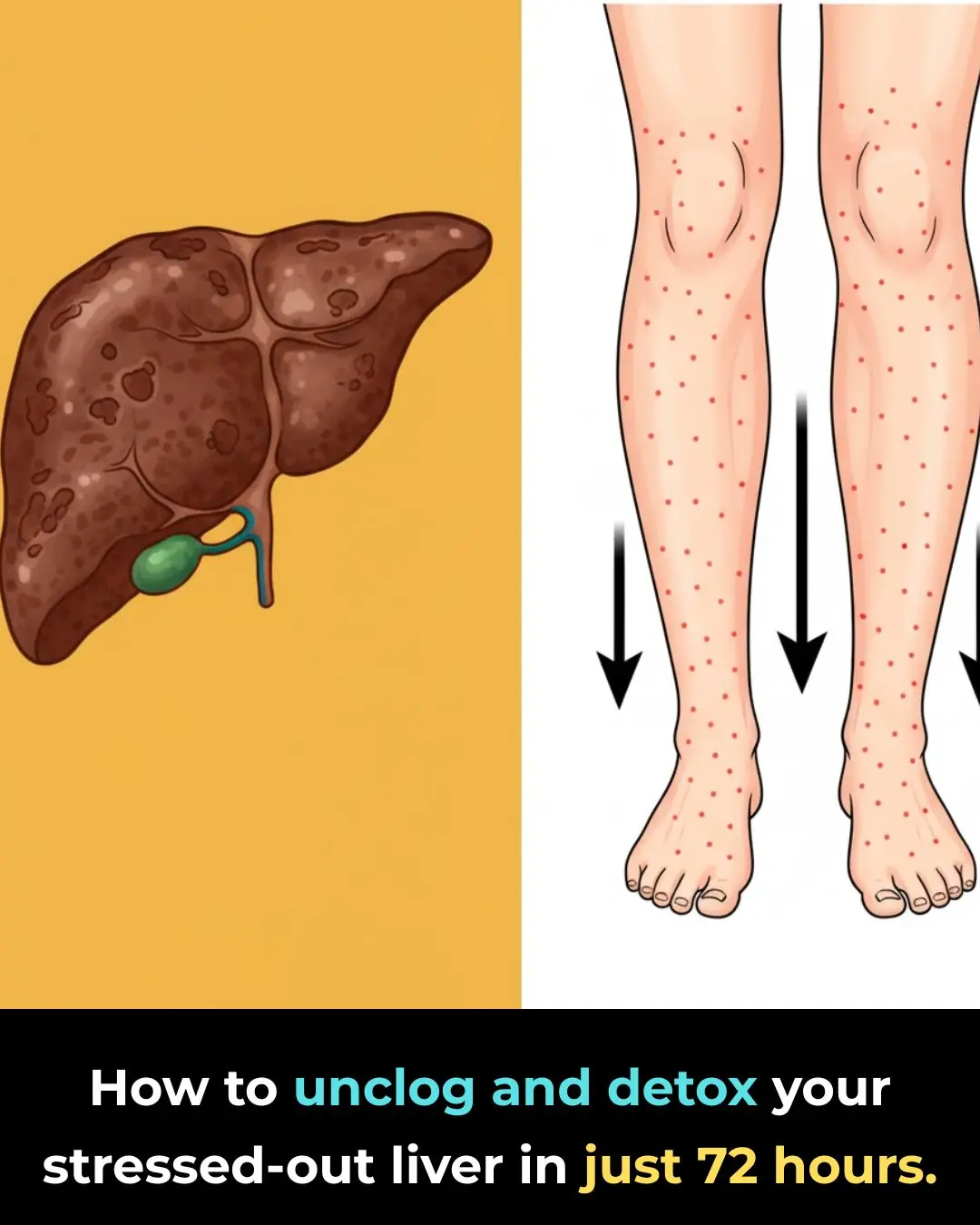
How To Unclog And Detox Your Stressed-Out Liver In Just 72 Hours
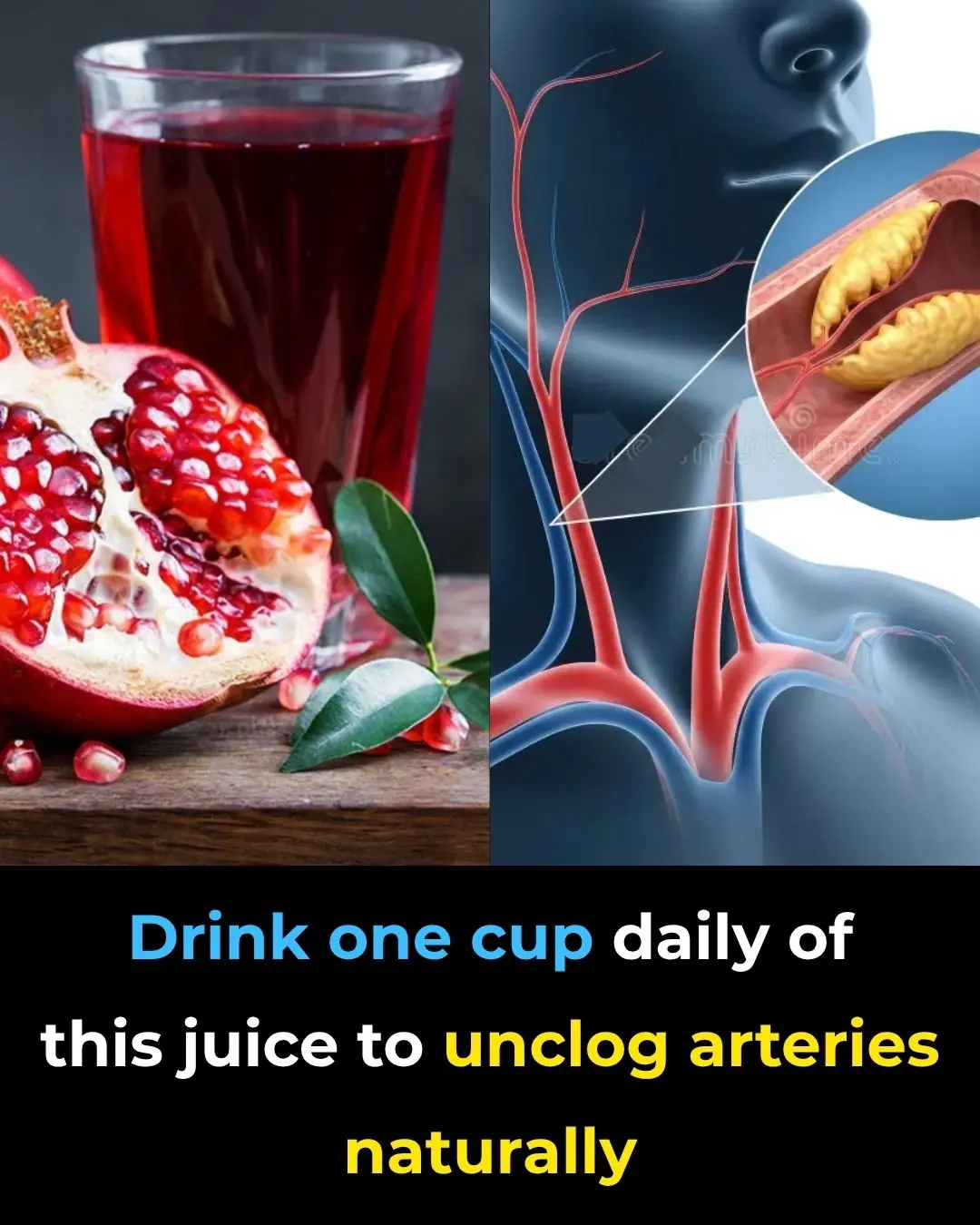
Drink one cup daily of this juice to UNCLOG arteries?

Don’t ignore your legs: the surprising early signs of pancreatic cancer

9 cancer warning signs your body is sending you (don’t ignore these!)

Texas reports 4× surge in whooping cough cases — health officials issue statewide alert

Throat problems may be warning you about hidden blood pressure issues, study finds
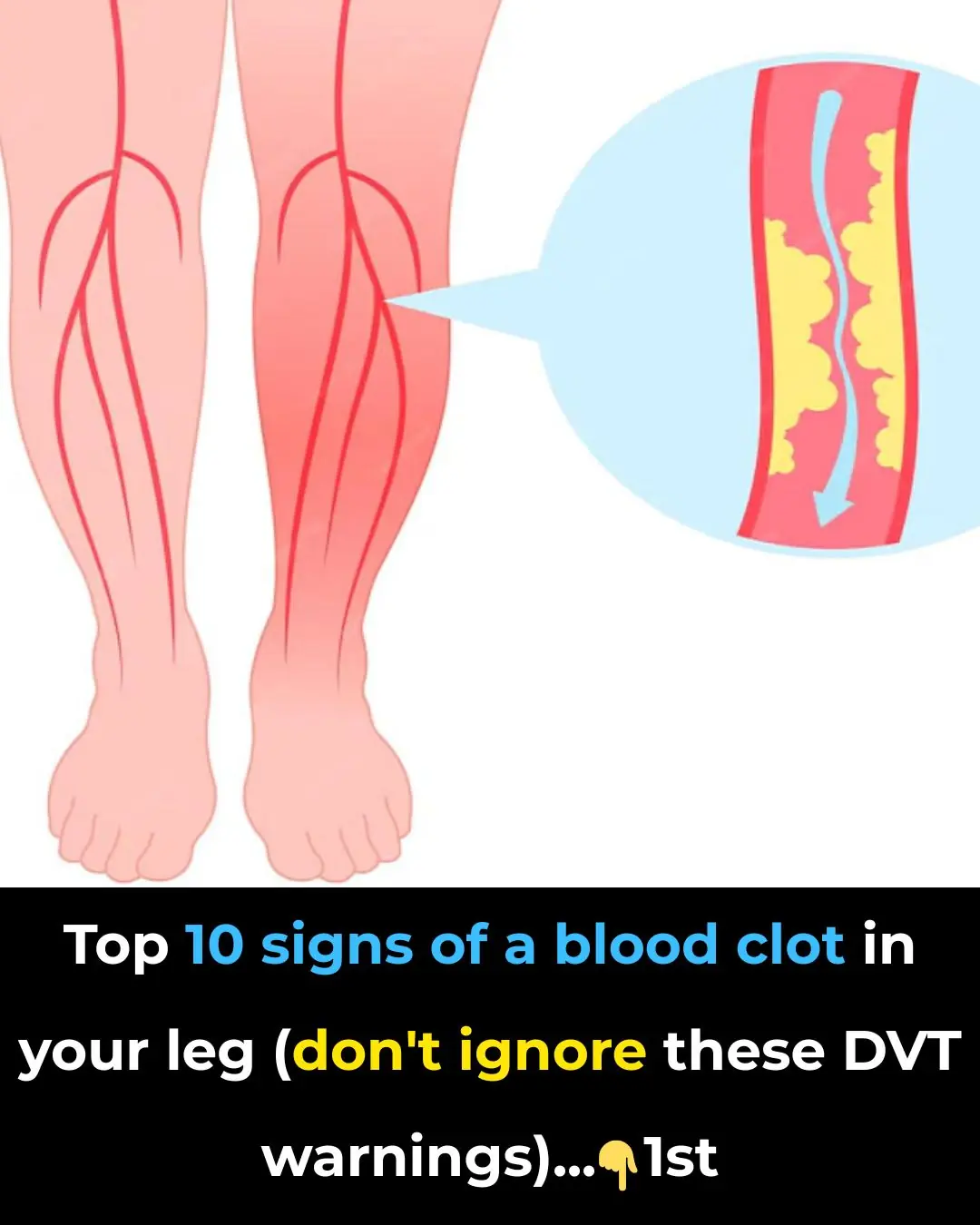
Top 10 signs of a BLOOD CLOT in your leg (prevent Deep Vein Thrombosis)

Say Goodbye to Parasites, Cholesterol, High Blood Pressure, and Poor Circulation With This 7-Day Homemade Drink
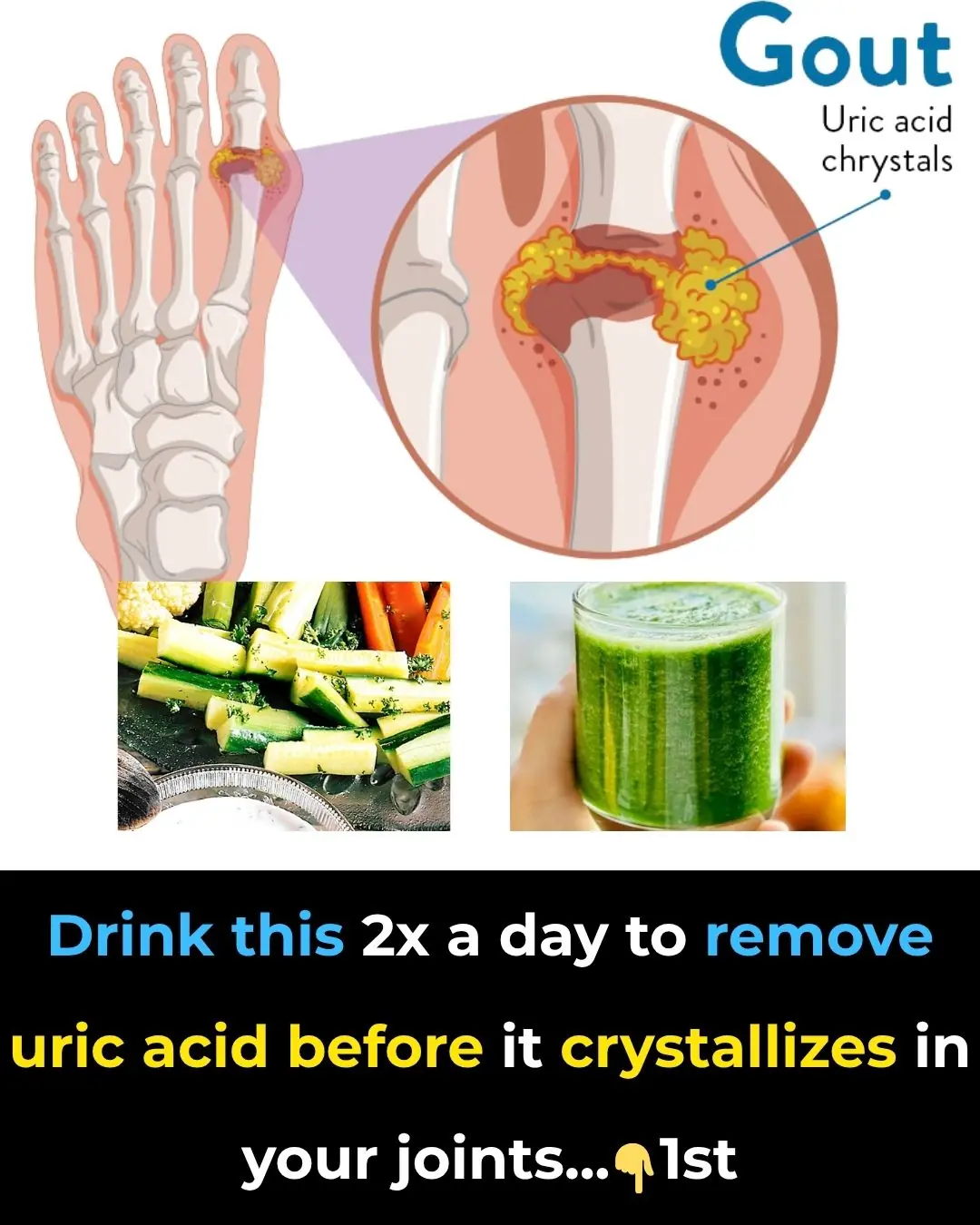
Drink This 2X a Day to Remove Uric Acid Before it Crystallizes in Your Joints and Becomes Painful

Lower blood sugar naturally by training just 2 leg muscles
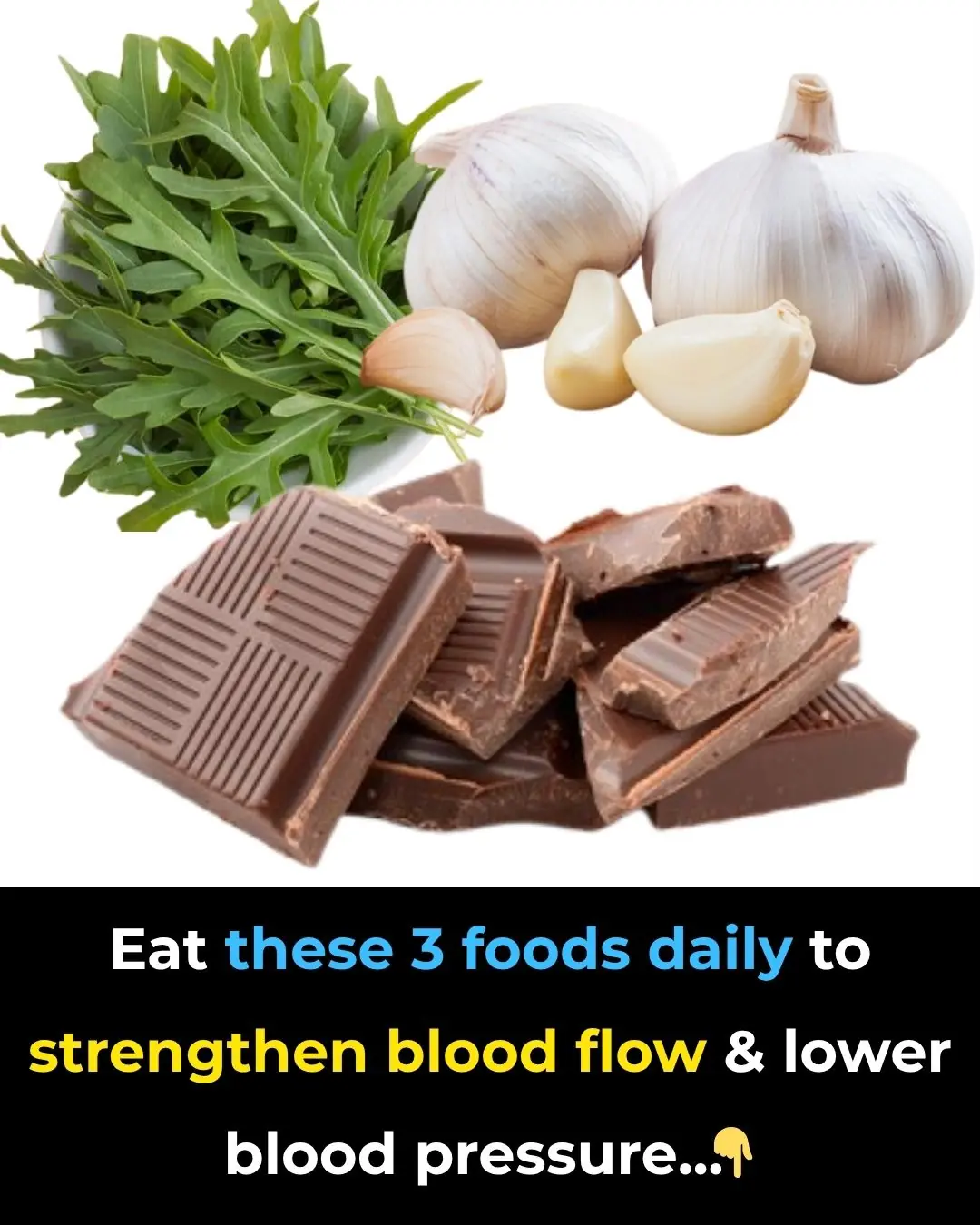
3 Food Combo to Strengthen Your Heart

What Your Belly Is Trying to Tell You
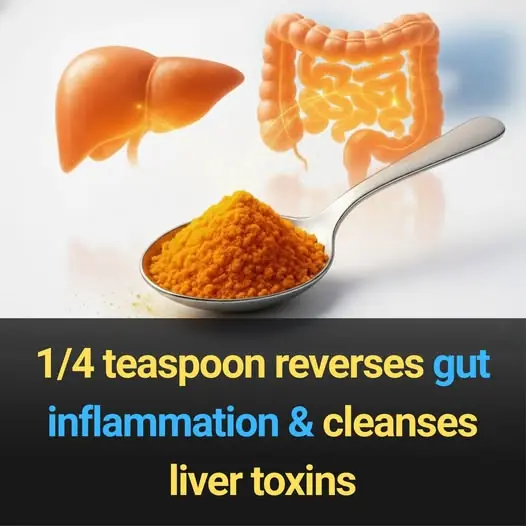
1/4 teaspoon reverses gut inflammation & cleanses liver toxins
News Post
Angus T. Jones, Who Played Jake Harper, Left The Show “Two And A Half Men” 9 Years Ago – This Is Him Today
When Nighttime Leg Cramps Become a Concern
Nadya Suleman, A Mom Of Octuplets Celebrates Their 15th Birthday
If You See A Bent Tree In The Forest, Start Looking Around Immediately
Scientists Discovered A Sinkhole 630 Feet Underground In China Known As “Heavenly Pits”
Why Drivers Over 70 Face New Rules Nobody Saw Coming

7 tips to eliminate dangerous blood fat

Top 3 Foods to Prevent Leg Cramps in Seniors: Strengthen Your Legs Naturally!

Richard Gere reveals what he misses most after ditching the US for Europe

HBCU Prospects and Atlanta Culture Took Center Stage at MLB All-Star Weekend

Comedian Jeff Dye joins Hollywood exodus, says Newsom ‘scares the s–t out of me’

Worried Pete Wicks’ surgery fears amid secret health condition he’s had for years 'It is getting quite bad'

Prince William and Kate Middleton ‘reserved and formal’ during engagement interview

Woman Develops Liver Cancer from Eating Peanut Butter on Bread, a Common Habit Many People Share

Complaints pour in during I’m A Celebrity 2025 launch as viewers demand a change

‘This Could be Why’: Tina Knowles Reveals the Real Reason She Quietly Went Back to Mathew After He Cheated— and Fans Think This Is Why Beyoncé Stayed with Jay

“I Made Sure Not To Wear All White” | Giants Player Darius Slayton Proposes To Track World Champion Girlfriend Anna Hall

Martin Lewis says 'demon appliance' is the worst in the house for soaring bills

MAFS UK's Keye confirms split with Davide and admits 'I made a terrible decision'
